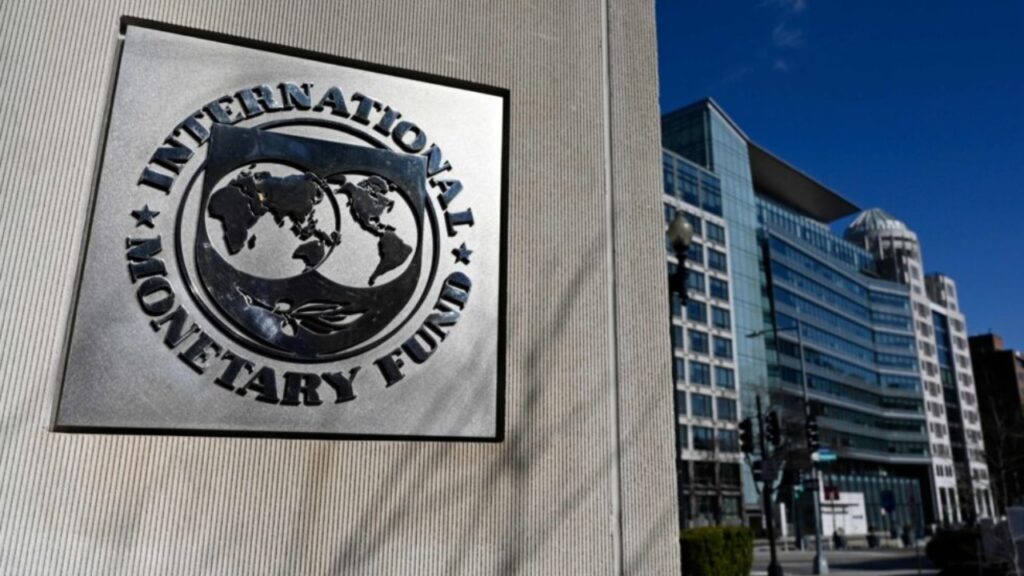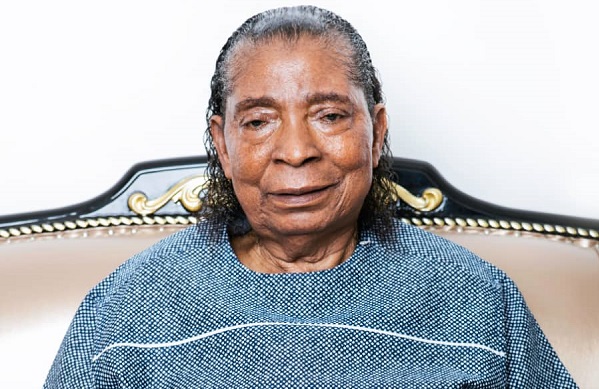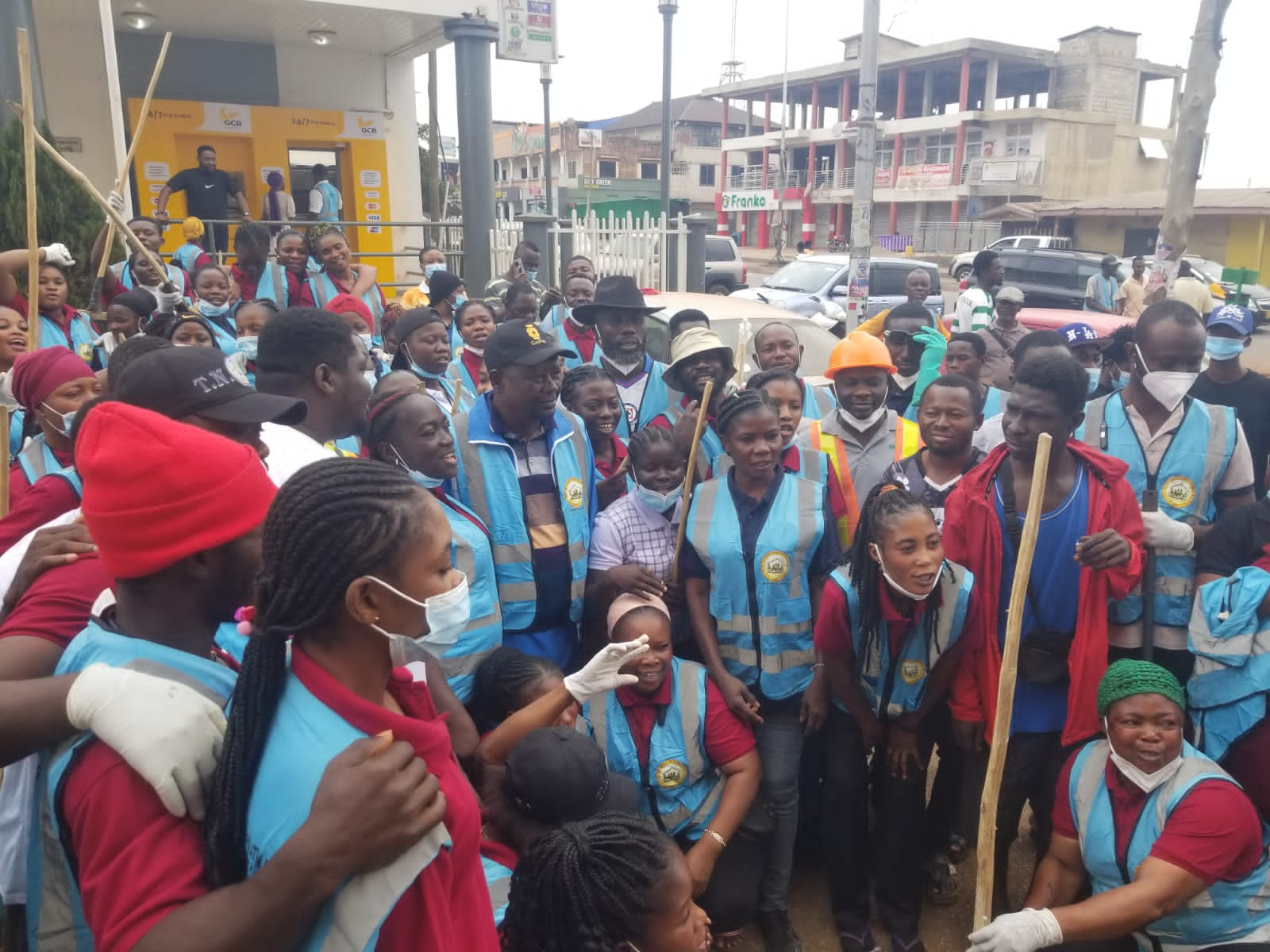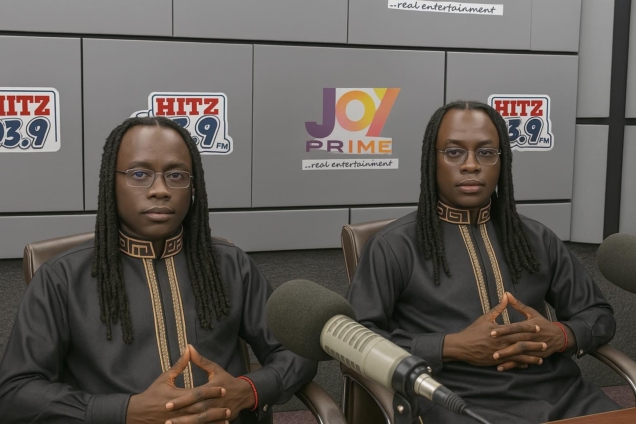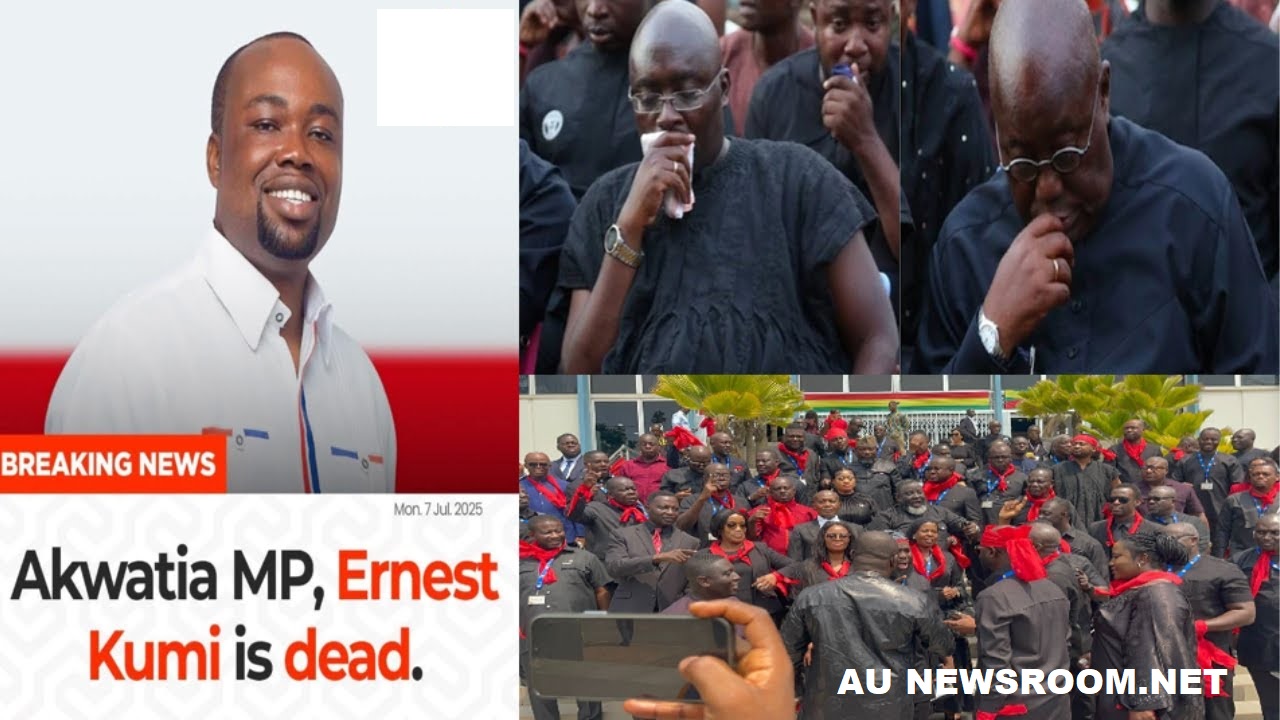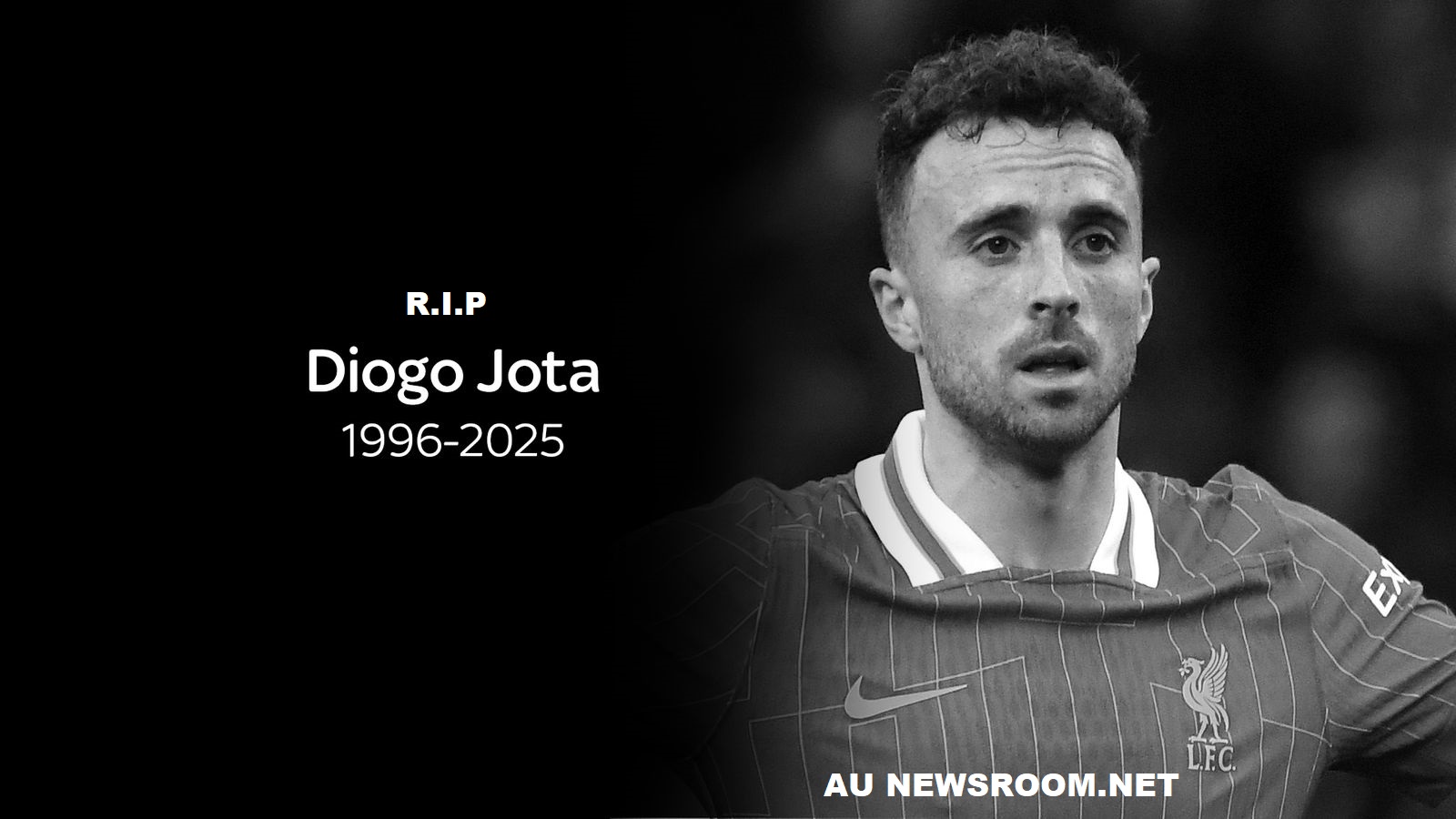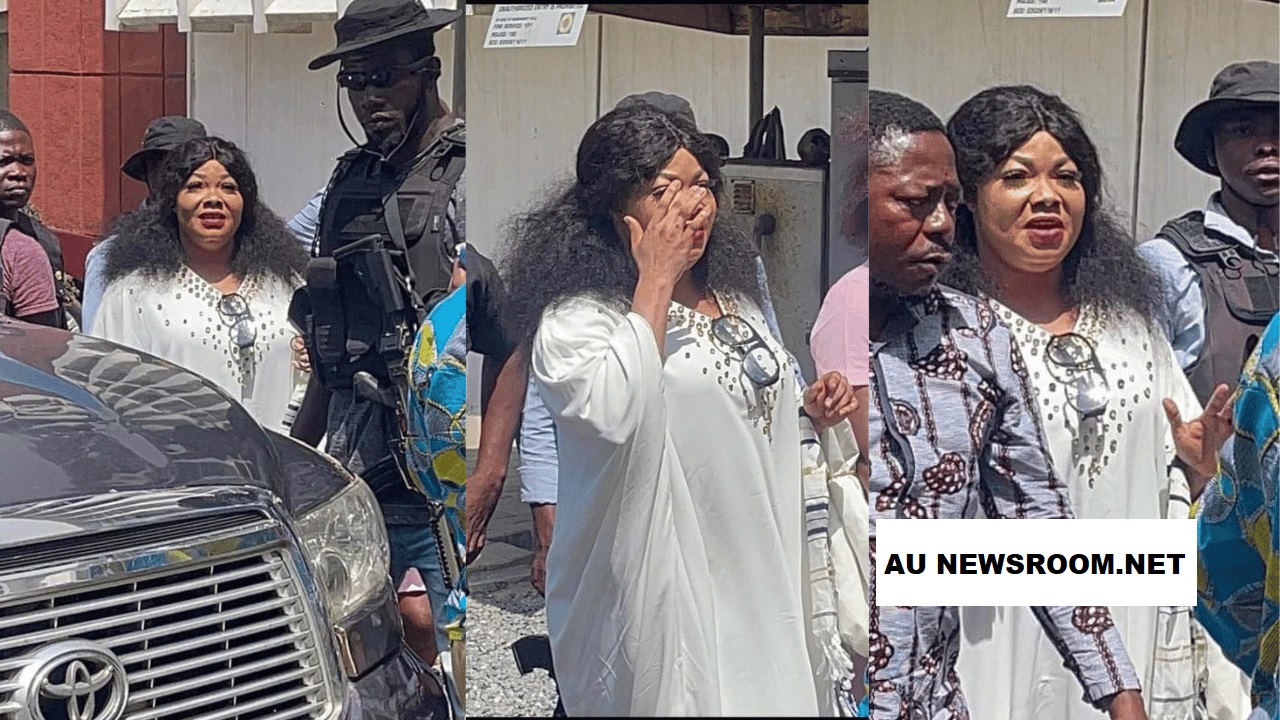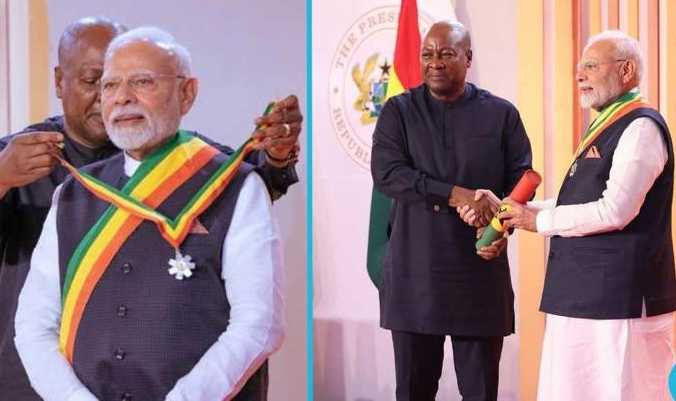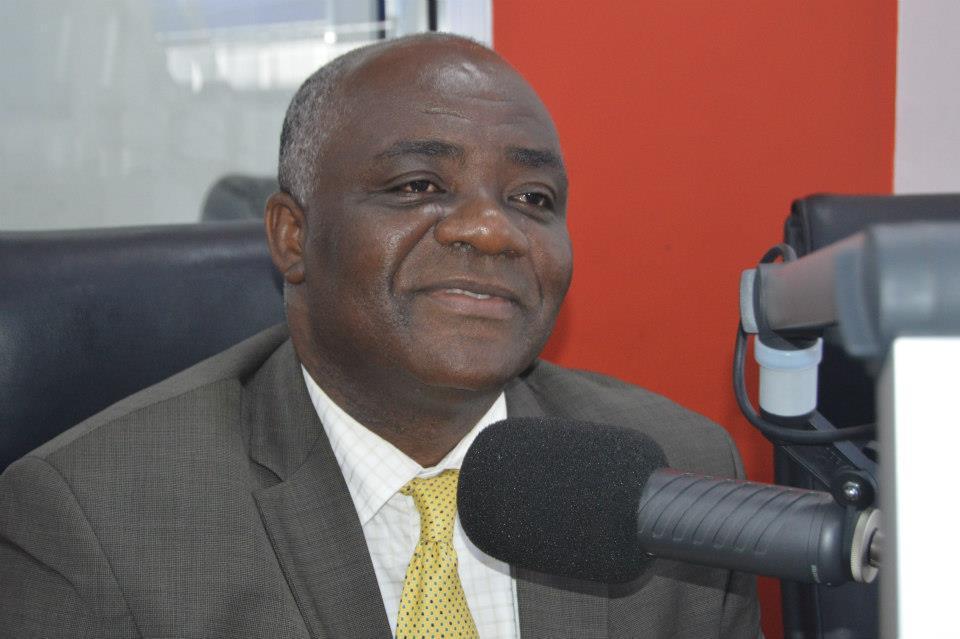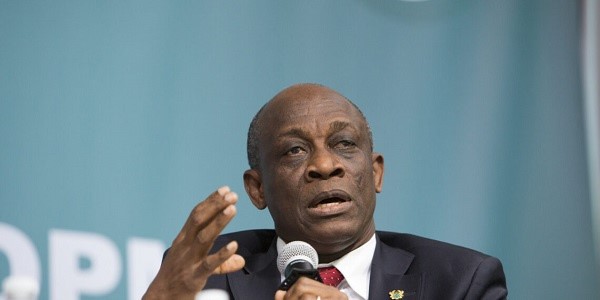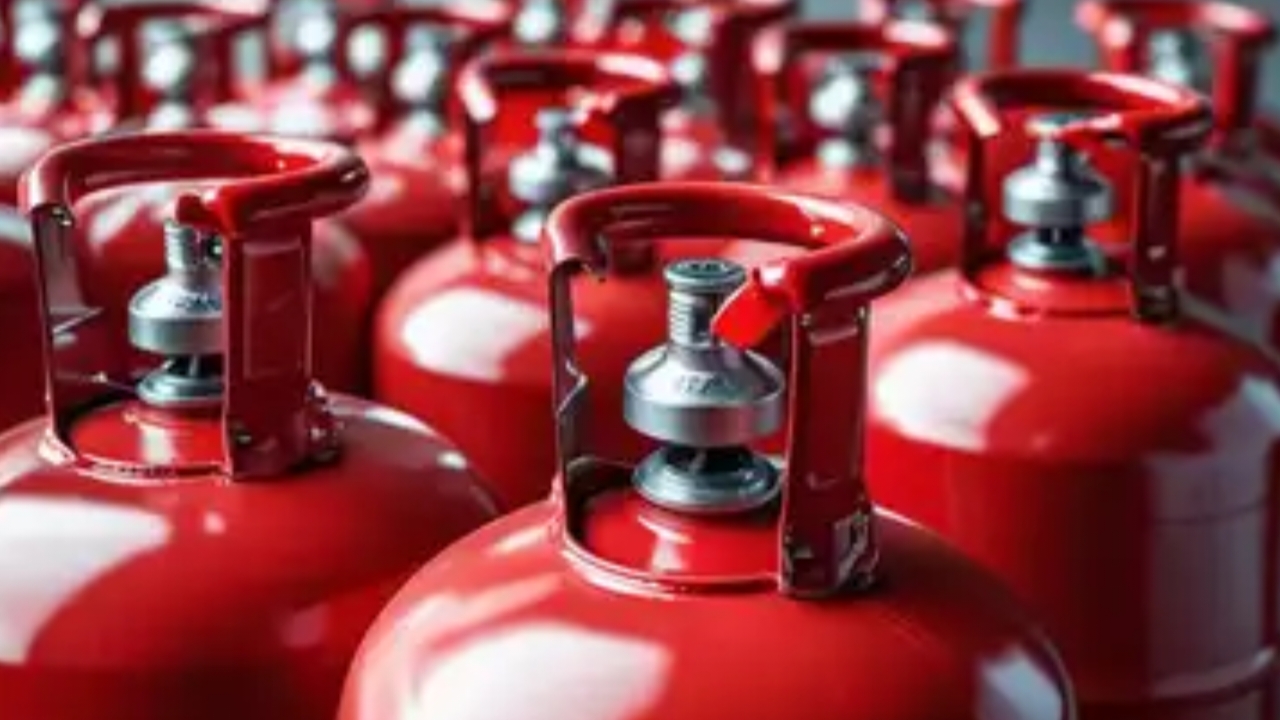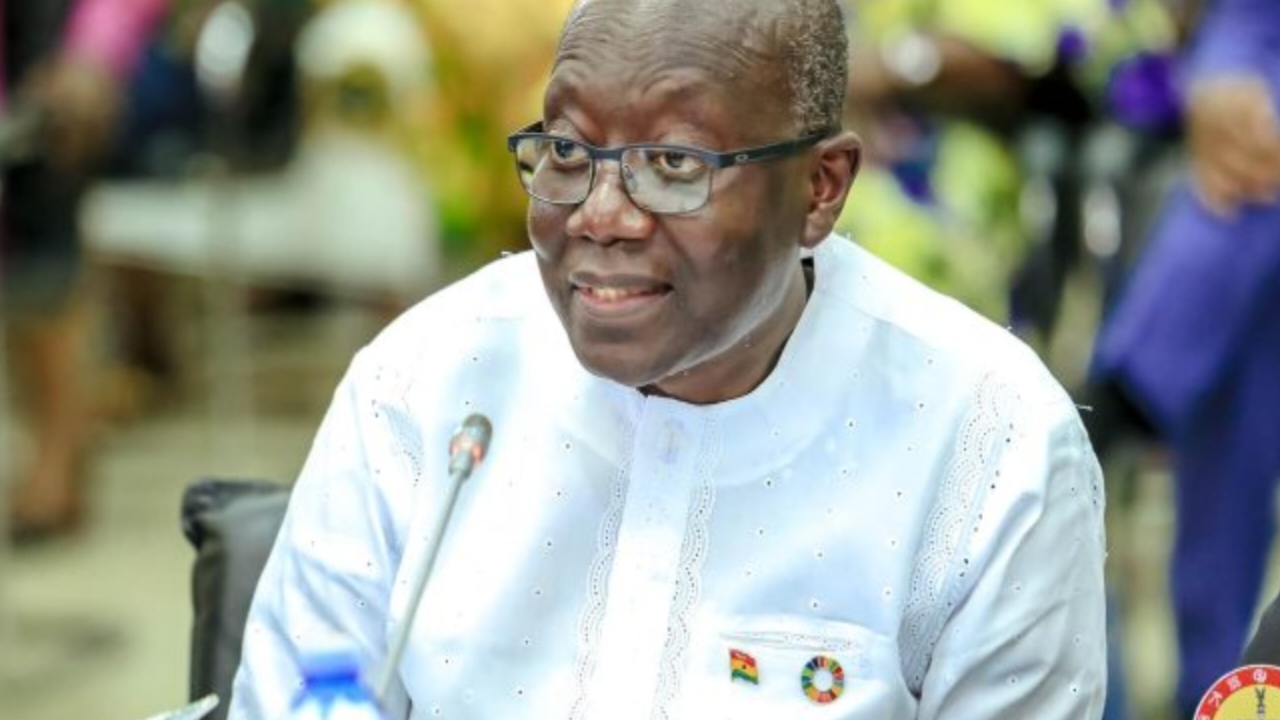Ghana has secured $370 million from the International Monetary Fund (IMF), following the fourth review of the country’s Extended Credit Facility (ECF) programme. The IMF team, led by Mission Chief Stéphane Roudet, conducted a two-week mission in Accra, which resulted in a staff-level agreement. The financial support will be released after the IMF Executive Board grants final approval, bringing the total IMF assistance to $2.355 billion since May 2023.
Despite some setbacks, Ghana’s economy showed resilience in 2024. Strong performances in mining and construction, along with higher gold exports, increased remittances, and improved foreign reserves, boosted economic growth. However, the IMF also reported fiscal slippages in the lead-up to the 2024 elections, inflation above target, and delays in key reforms, particularly in the fiscal, financial, and energy sectors.
The IMF acknowledged the Ghanaian government’s bold steps to address these challenges. The new 2025 budget aims for a primary surplus of 1.5% of GDP, a major improvement from last year’s deficit. The government also implemented reforms to curb expenditure overruns and improve financial management.
The IMF praised the Bank of Ghana for raising its policy rate to control inflation. In the energy sector, quarterly electricity tariff adjustments, along with broader reforms, should help reduce fiscal pressure and prevent further arrears.
Regarding debt restructuring, the IMF noted Ghana’s ongoing commitment to restoring debt sustainability. Ghana signed a Memorandum of Understanding with the Official Creditors Committee under the G20 Common Framework. Discussions with commercial creditors continue under IMF comparability principles.
The IMF team met with key officials, including Finance Minister Dr. Cassiel Ato Forson and Bank of Ghana Governor Dr. Maxwell Opoku-Afari, and expressed appreciation for Ghana’s continued constructive engagement.

